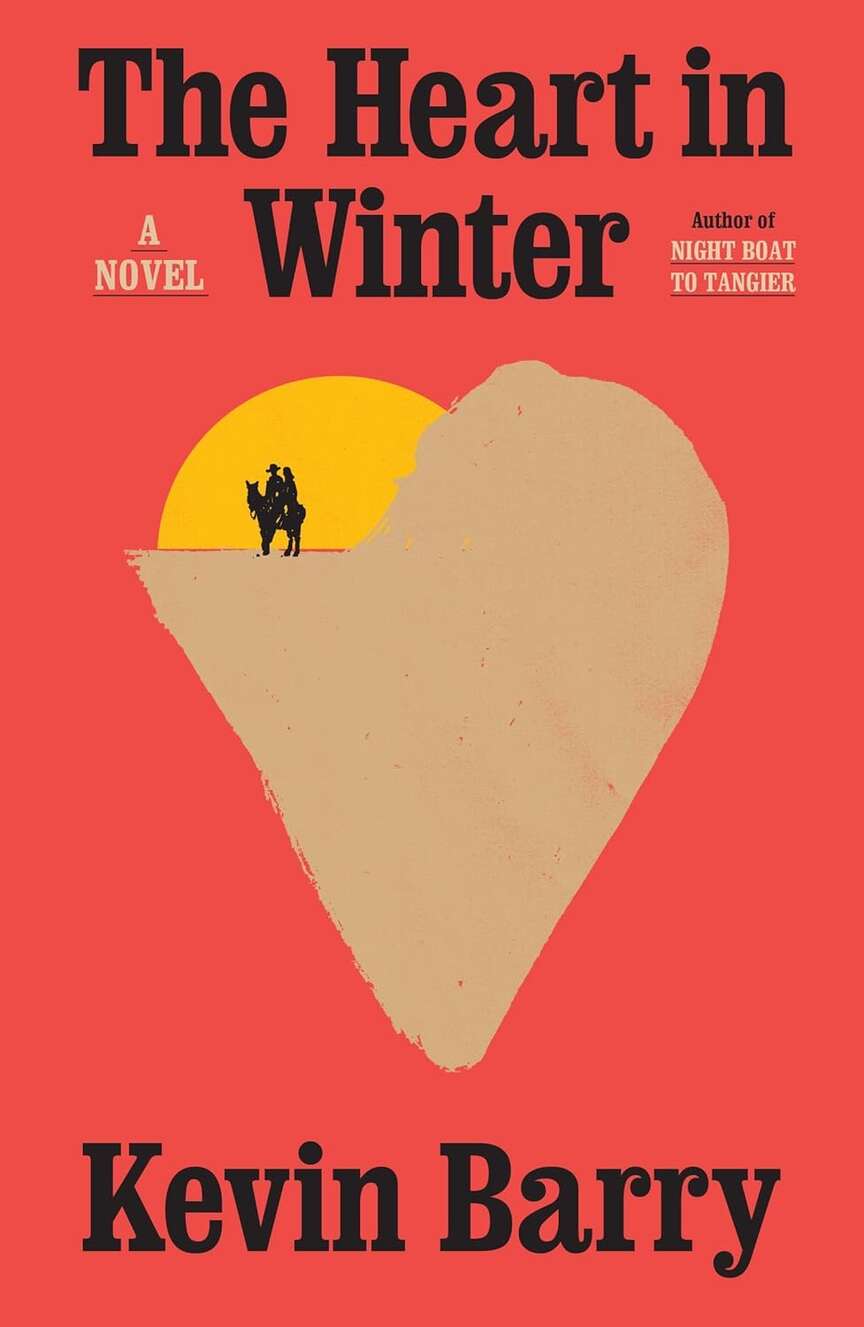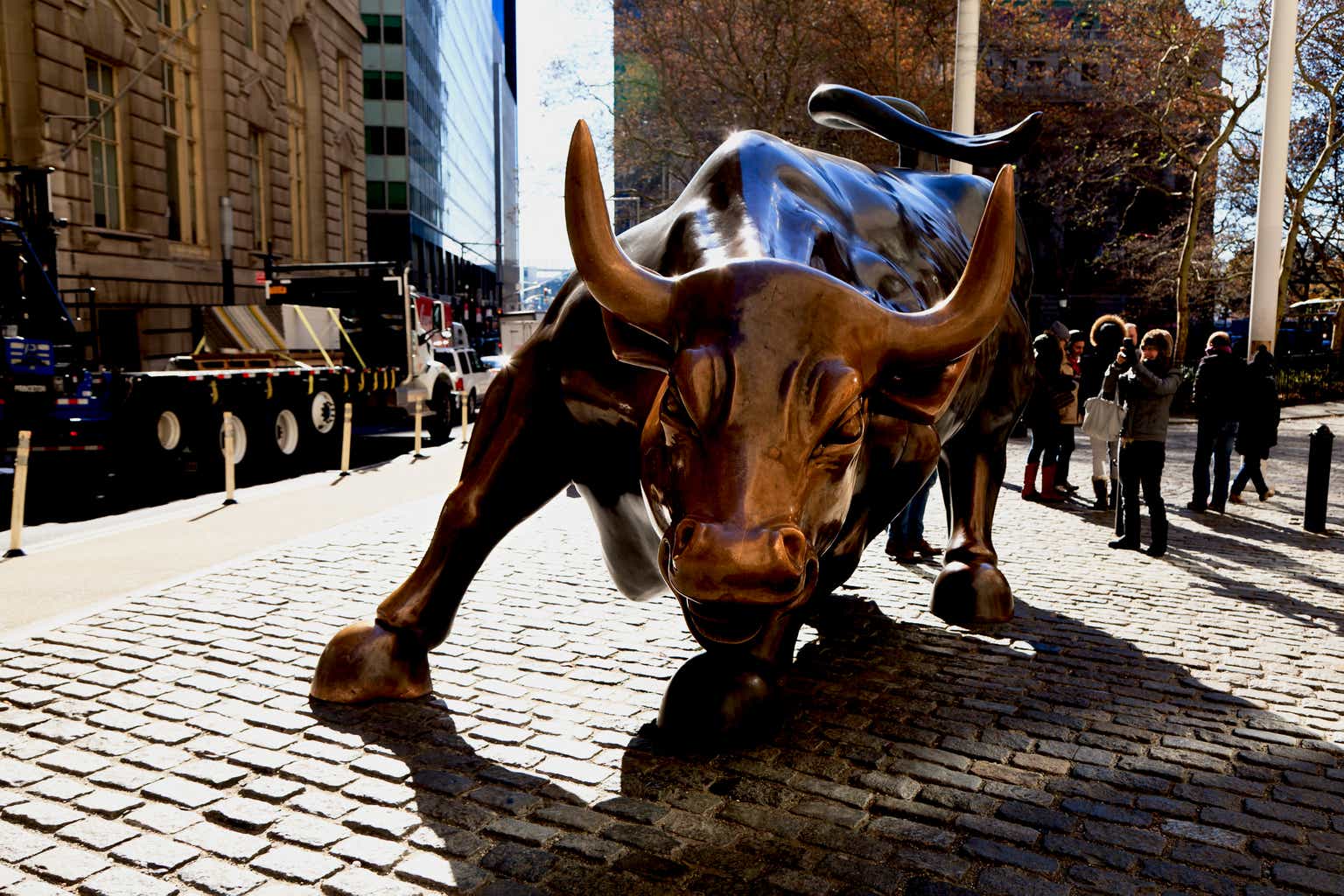I am a language person.
This is not the case with every author – the bestseller lists are full of happy souls who use every word that comes to mind. But I side with Flaubert, for whom the synonym was as mythical as the unicorn, and with Miller Williams, who knew that words are haunted and cast shadows.
Some people resent poetry, thinking it is frivolity and obscurity. For some, a novel like Russell Hoban’s Riddley Walker, which relies on a quasi-illiterate, largely phonetic spelling to imagine a post-apocalyptic England bombed back to the Iron Age, is simply inaccessible. In Riddley Walker, Hoban uses a sometimes artful mix of puns, colloquialisms and dialect to invent a kind of degenerate English. In Hoban’s future, “inland” means “England.” The “Gallack Seas” are the “galaxies.” “Puter Leat” is the “computer elite.” To read the book, you have to pronounce virtually every sentence and unravel the puns.
Hoban’s use of language has a purpose: to slow his readers down and introduce them to a culture that is almost entirely oral. In his Inland after the Bad Time, there are no newspapers or books, just puppet shows and storytellers. You can’t skim a white paper or read an AI-generated summary of a complicated topic. What makes the novel truly great is Hoban’s invented dialect, not his plot or his characterizations. Hoban conjures a broken, burned-down world both through language and through the story the language tells.
I can’t say exactly why I was reminded of Riddley Walker when I read Irish author Kevin Barry’s The Heart of Winter, a bloody romance set in the American West in the early 1890s. A more relevant reference might be the great HBO series Deadwood, whose creator David Milch – a former Yale English professor – imposed an iambic discipline on his characters’ swear-filled dialogue to transport us into an over-the-top world of gangsters and drug addicts and all the colorful garbage of Western legend. (Perhaps disingenuous, because research shows that people actually spoke like that. Well, I think they did curse like that back then.)
But Hoban, Milch and Barry are all language experts, as is Tom Rourke, the drug addict at the centre of Heart of Winter, a 29-year-old “sweetheart and ballad maker” from the Beara Peninsula in West Cork who finds himself stranded in Butte, Montana, a thriving mining centre (silver and copper), thanks to the importation of labour from the Old World, many of whom are Tom’s compatriots, and whom he can’t stand, so he prefers to stay in the Croatian hotel.
(In the “who would have thought” section, it should be noted that Butte is reportedly still the U.S. city with the highest percentage of Irish-American citizens.)
The novel begins with an almost Joycean account of a typical evening for Tom; he moves from bar to bar, avoids creditors and takes a few drugs to forget. He writes letters to lonely men to convince women to travel west and marry them, and songs that play in the saloons (“I haven’t got a dime/But the sun will shine/Because we’re all heading for heaven/On the Cali Line.”)
He promises his fidelity to Greta, a prostitute at the Black Feather, but she thinks his proposal is a joke and wraps her “slender Bavarian thigh … tightly around his chin” and squeezes. As he comes down from the opium, he meets a horse in the street, a palomino, “a nervous animal with a golden aura.” Somehow the horse seems to be a foreshadowing of his future: “The horse calmed down completely and pointed the whips of the long gaze at his, and he was captivated.”
Eventually he returns to his sad little room, “a few feeble steps long as a drug addict and as wide as a troubled dream,” and contemplates suicide. But he cannot bring himself to do it, so he lies in the dark until it is time to get up and go to his day job as a photographer’s assistant, where he meets the newly arrived mail-order bride Polly Gillespie and her God-loving husband Long Anthony Harrington, one of Tom’s satisfied literary clients. She is already fed up with her new husband “pecking at her like a nervous old hen.”
After the wedding portrait, it is decided that a photograph should be taken of Polly alone, a portrait “from back to front.” (Tom’s boss considers these kinds of poses lascivious, “a nod and wink” toward “sodomy and fun! These are the beasts of the fields!”) As the photograph is taken, she looks Rourke in the eyes and the tip of her nose twitches.
Polly realizes that Tom was “looking at her as intently as if he had just discovered eyes… and suddenly everything was frosty and had a rather heavy quality.”
It doesn’t take long for the pair to hatch a haphazard plan involving arson, theft, and the appropriation of the mystical Palomino. They head to the area and beyond to San Francisco, hoping to blend in anonymously in the city, but knowing how unlikely the fulfillment of their dreams is:
“And there she was with Tom Rourke, hand in hand, madly in love, in the middle of the night, deep in the forest, looking up at the sky, and suddenly, yes, exactly, they could see fire on the moon.”
This is a cool book.
Lyrical, precise
Barry is a lyrical and precise writer, with a command of rhythm and flow and the crackling power of single, loaded and chosen words. This is wild and sad, a tale of Manifest Destiny that recalls almost equal parts Cormac McCarthy and Charles Portis, alongside the aforementioned Hoban and Milch.
On the run, our “Rogues of Love” (as they are anointed by the frontier preacher who eventually marries them) have to contend with several terrific comic/gothic characters, such as Ding Dong, a former bellboy who has declared himself unfit for human society and lives a Ted Kaczynski-style life in a cabin in the woods, and the 7-foot-tall (“unlovable and immortal”) bounty hunter Jago Marrak.
The Heart in Winter may sound ordinary in its synopsis, but it is so cleverly executed that it seems like a small miracle. On the other hand, the story’s episodic structure would lend itself to adaptation (perhaps as a prestige miniseries starring Barry Keoghan or, if Tom is made older, Colin Farrell).
There is plenty of violence in the book, and despite the comedy (or perhaps because of it) that Barry puts in it, it really does carry weight, as the consequences hit the lovers when the victims hire thugs to pursue them. If there is a flaw, it is the way it seems to rush to the conclusion, although this could be viewed in a different light than simple naturalism – violence and the consequences it brings can also be banal.
The book’s press materials state that this novel was “25 years in the making,” which suggests that Barry, who was only 42 when he published his first novel, 2011’s City of Bohane, had been tinkering with the beginnings of this great American novel for some time. I understand that Barry lived in the United States for a time as a young man, although this is his first novel set in that country.
The “heart” of “Riddley”
Perhaps one of the reasons A Heart in Winter reminded me of Riddley Walker, aside from the adventurous word choice, is that Barry seems directly influenced by Hoban’s book. I haven’t read City of Bohane – I only became aware of Barry in 2015 with Beatlebone, which is about a three-day trip a primal-screaming John Lennon might have taken to his own island off the west coast of Ireland in 1978 – but I read a few reviews of it while researching this review. Several critics mentioned a certain similarity between Bohane and Riddley Walker.
There have been only a handful of books in recent years that I have enjoyed as much as this one, and most of them I enjoyed in a very different way than this one. Style is often slyly valued, as if the joy one feels in experiencing the rush and fascination of brilliant writing should somehow be subordinate to other reasons for reason.
But for me it’s not. I’m a language person. And Barry writes really beautifully.
E-mail: [email protected]





